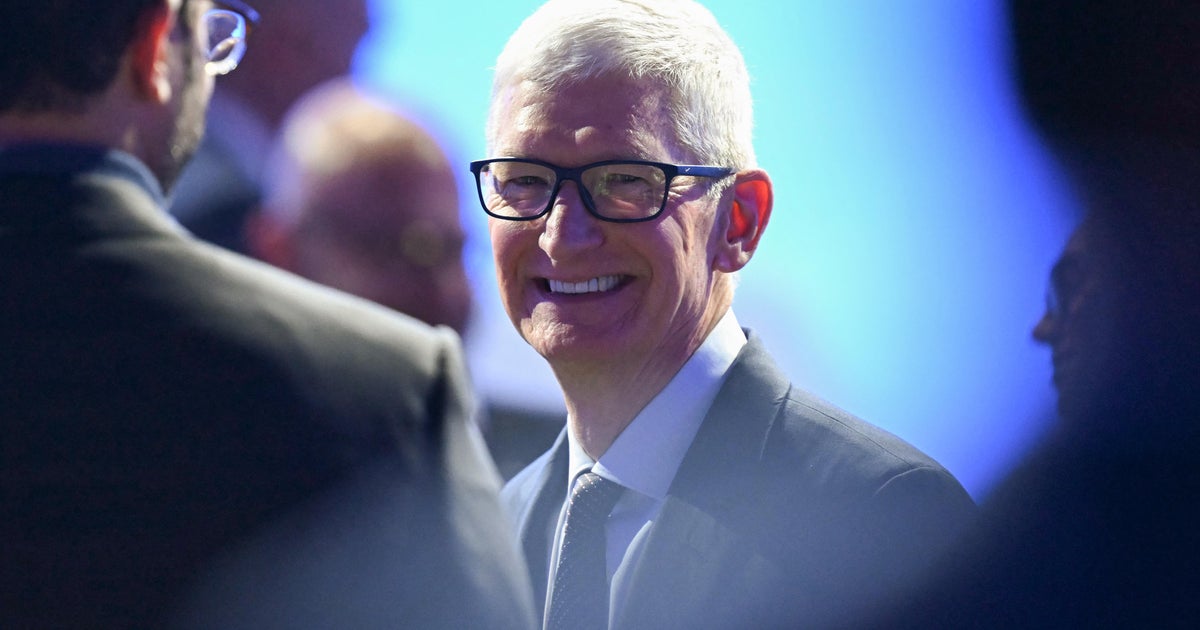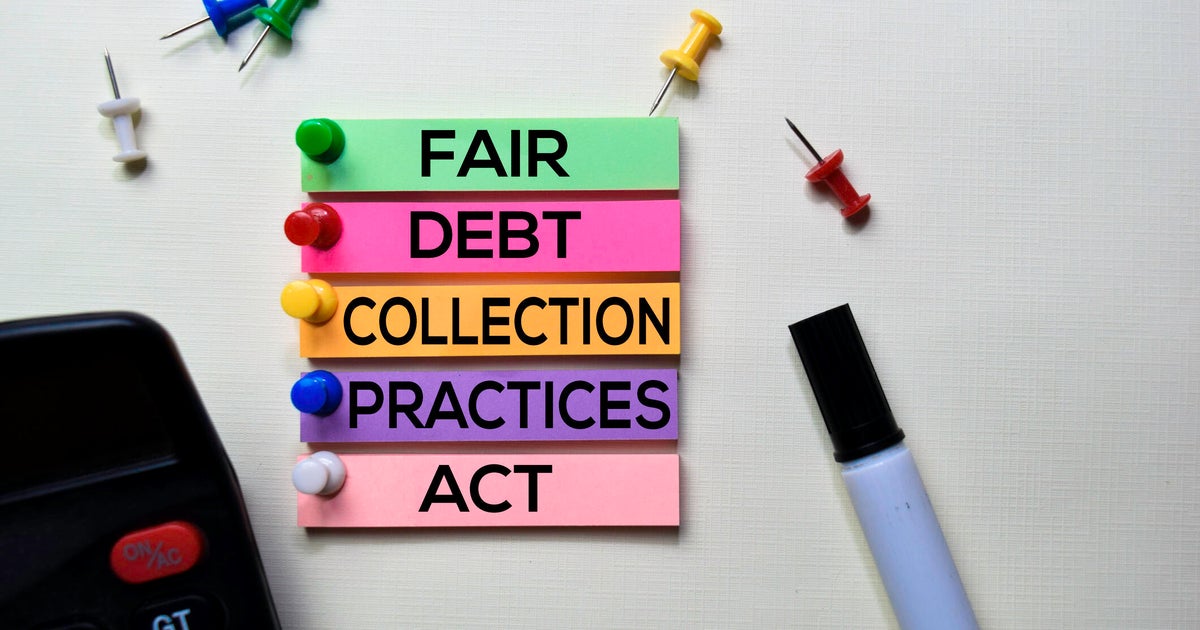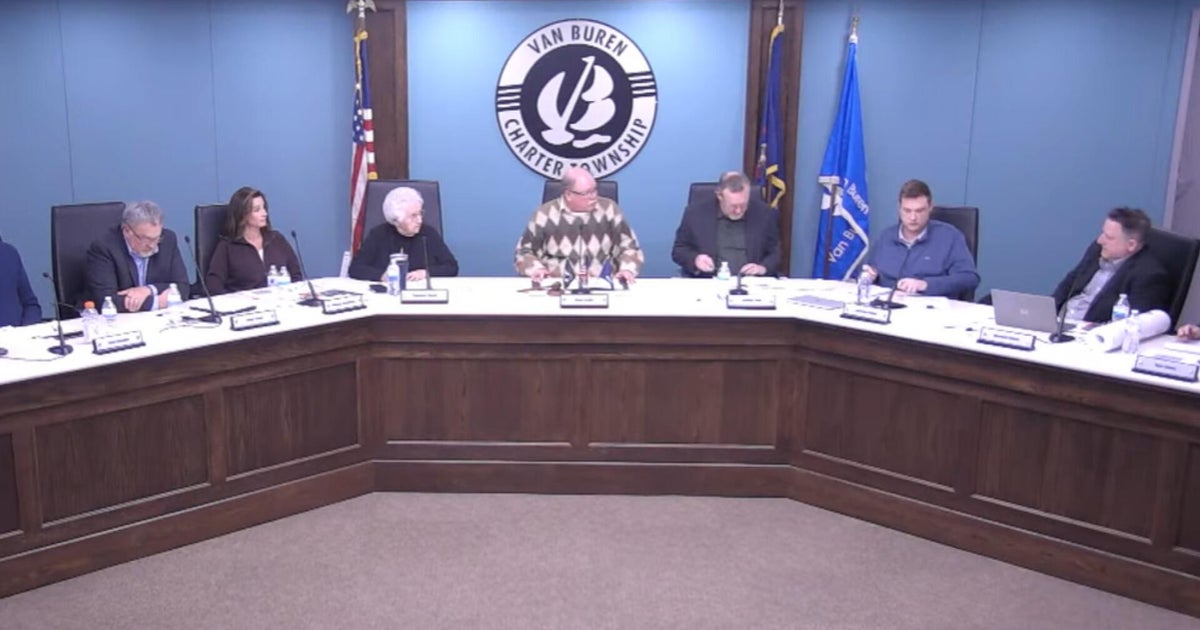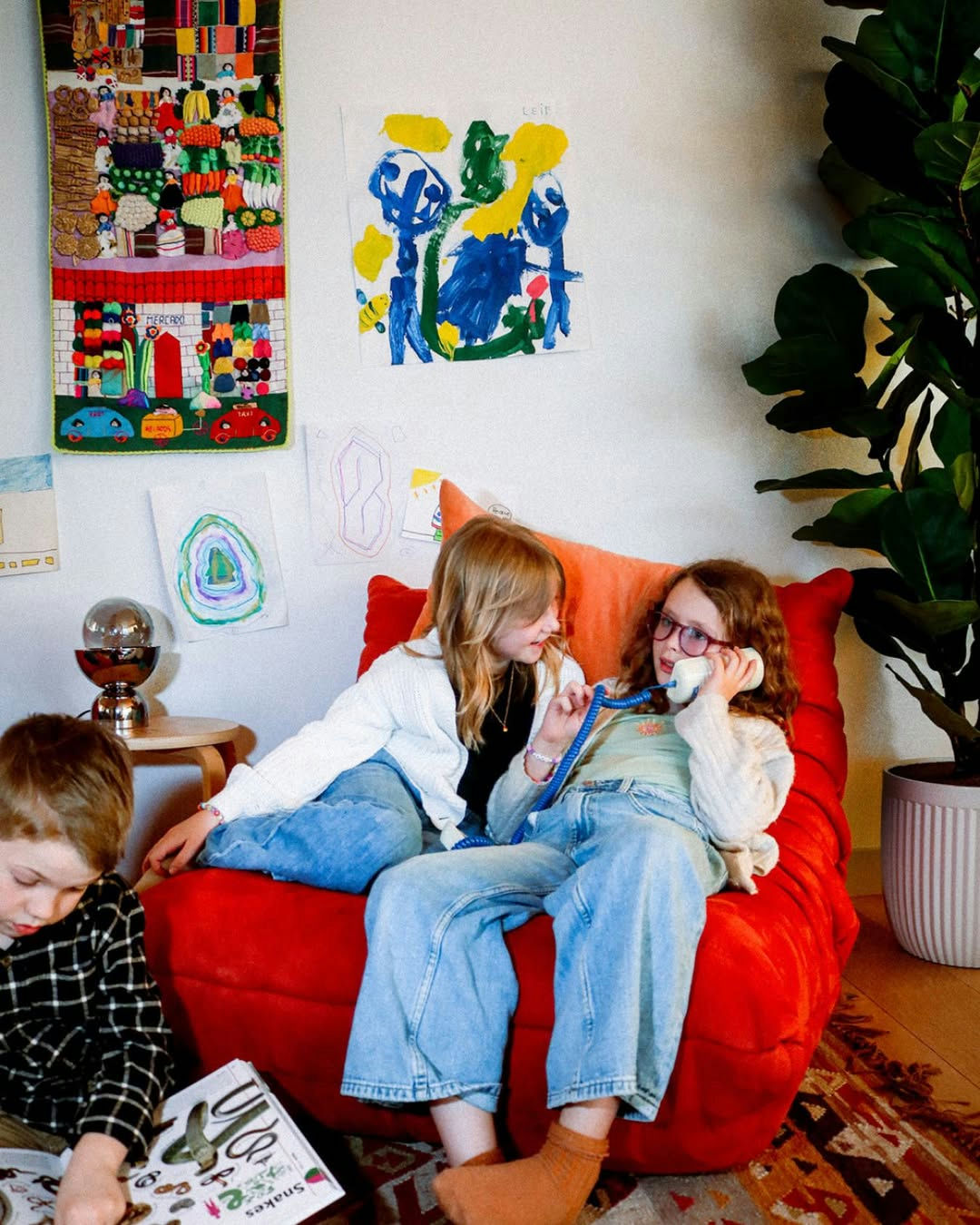YouTube violates children's privacy, consumer groups claim
With Facebook under fire following the Cambridge Analytica scandal, privacy groups are now taking aim at the other major data-collecting company that rules the digital advertising landscape: Google.
Consumer privacy experts allege Google (GOOG), through its YouTube division, is gathering data on kids in ways that violate privacy laws. YouTube's "illegal collection has been going on for many years and involves tens of millions of U.S. children," the complaint alleges.
The company "has made substantial profits from the collection and use of personal data from children on YouTube," it adds.
The Campaign for a Commercial-Free Childhood, the Center for Digital Democracy and 18 other privacy and consumer-protection groups are set to file a complaint with the Federal Trade Commission on Monday, asking it to crack down on YouTube's data collection practices for kids.
"It's the most popular site for kids in the world, and Google actively encourages the creation of children's content on the site," said Josh Golin, executive director of the Campaign for a Commercial-Free Childhood. "Given that, Google has a responsibility to kids and families."
Instead, he said, "they are violating the only privacy law we have in this country."
That law, a 20-year-old rule known as the Children's Online Privacy Protection Rule (COPPA), requires websites to either not collect data on children under 13 or collect it only after getting permission from that child's parents.
The consumer groups' complaint states: "This request for investigation presents overwhelming evidence that Google is violating COPPA by collecting personal data from children on YouTube without providing notice and obtaining prior verifiable parental consent. Thus, the FTC should investigate and take enforcement action against Google."
While there are other laws regarding the privacy of specific types of data—such as medical or financial information—COPPA is the only privacy law to protect an entire demographic.
That's a big deal for YouTube because the service is not intended for users under 13, according to its terms of service. But Google still needs to follow COPPA, consumer advocates say. That's because COPPA applies to any site that "knowingly" collects data from younger kids as well as sites that specifically target that group.
And YouTube is undeniably popular with tweens, or kids between 8 to 12 years old, and even younger children. A 2015 survey from nonprofit Common Sense Media found one-third of tweens could name a favorite YouTube channel, star or show.
YouTube is the best-known brand among kids aged 6 to 12, beating out the Disney Channel, McDonald's and Lego, according to an eMarketer study. The YouTube Kids app, which was also included in the survey, fell at a distant 48. It also estimated that nearly half of kids aged under 11 watch the platform.
"It would be hard to overstate the importance of YouTube," read the December 2017 study. Half of kids aged under 11 watch YouTube, it found. Among 8-to-12-year-olds, 45 percent have accounts on YouTube, it said.
As one legal blog put it, "Even if your site or app isn't intended for minors, but kids use it, you're still responsible for sticking to COPPA rules."
In a statement on Friday, YouTube said, "While we haven't received the complaint, protecting kids and families has always been a top priority for us. We will read the complaint thoroughly and evaluate if there are things we can do to improve. Because YouTube is not for children, we've invested significantly in the creation of the YouTube Kids app to offer an alternative specifically designed for children."
While the company launched YouTube Kids three years ago, children's content remains a big part of the main service. The third-most-viewed channel, Ryan ToysReview, stars a young boy and has 13 million subscribers. "Little Baby Bum," which features nursery rhymes, is the eighth-most-viewed channel.
Other child-centric channels like FunToys Collector, El Reino Infantil ("The Child King") and ChuChu TV and Nursery Rhymes are on the network's most-viewed list, according to user analytics firm SocialBlade. To be sure, parents could be watching these shows, but it's also likely that they are watching with their children or allowing their children to view YouTube on their own.
"YouTube actually encourages the creation of children's content for YouTube," the complaint alleges. It also claims the company has built a large marketing operating around its child viewers.
Even though YouTube's ad policies disallow targeting children under 13, the company allows descriptive tags that mark videos as child-related. A majority of its "Family & Parenting" videos are tagged with versions of the words "toy," "child," "kid," "toddler," or "baby," according to the complaint. It's possible, for example, to target ads with the keywords "children's toys."
A Google executive praised the fast growth of the company's family entertainment channels, and a Google-owned blog featured a case study on getting more views for a children's cartoon.
Some of the advocacy groups behind the complaint have targeted YouTube in the past. In 2015, the Campaign for a Commercial-Free Childhood alleged that YouTube Kids over-advertises to children with ads that look like entertainment. They have also objected to stealth marketing posts from social-media influencers, leading the FTC to issue a reminder for users to clearly identify promotional posts.



